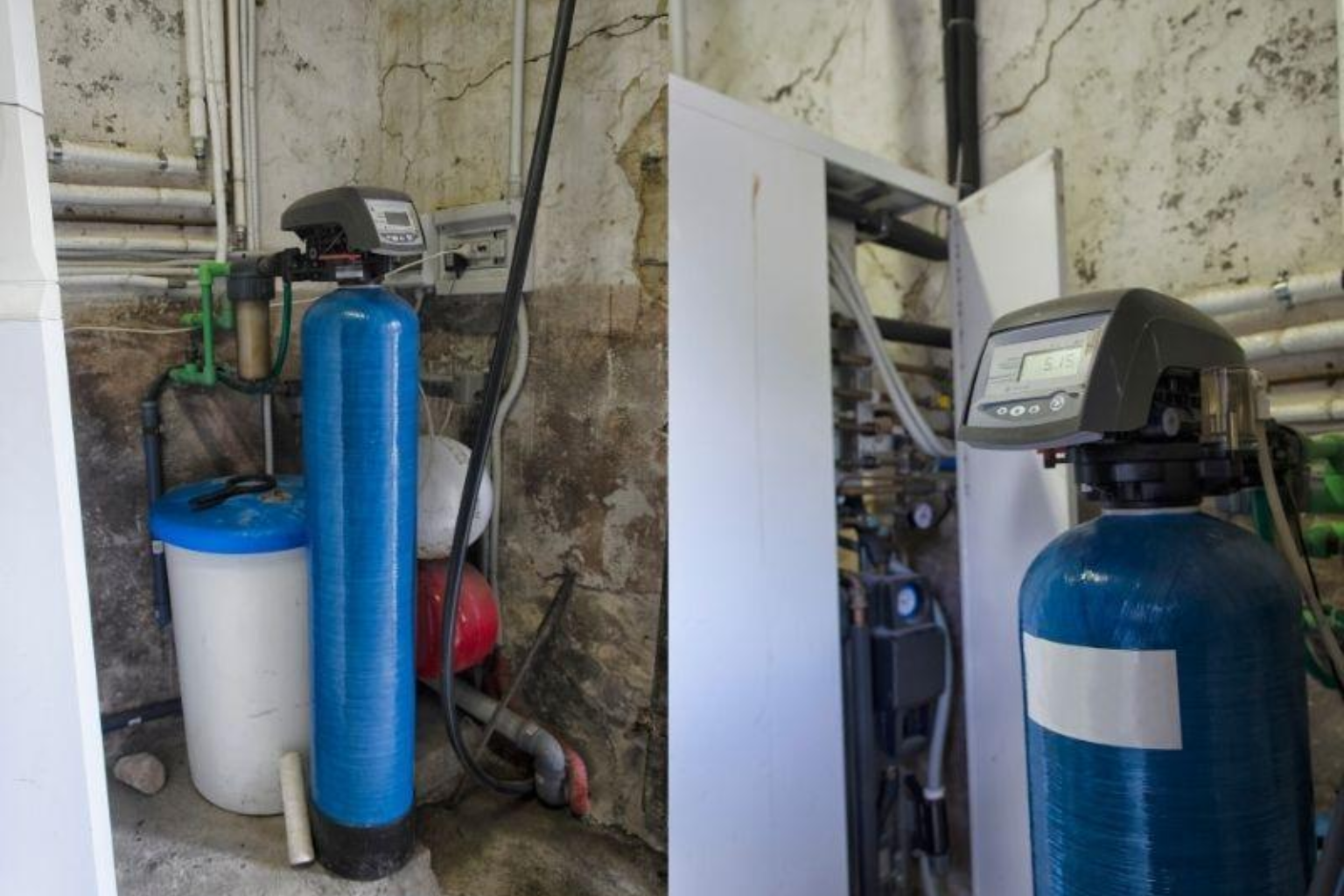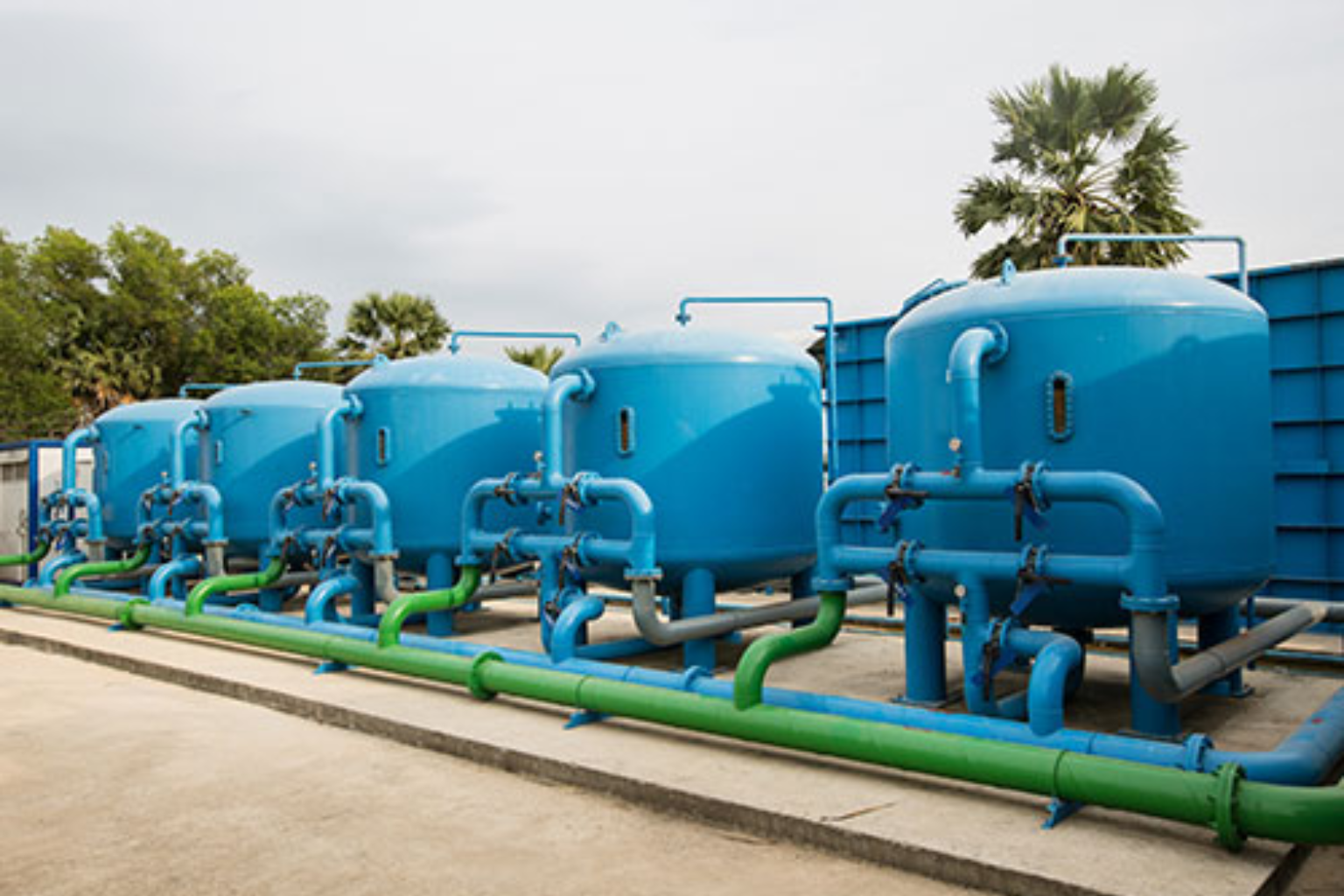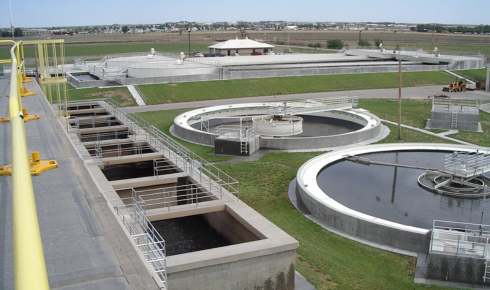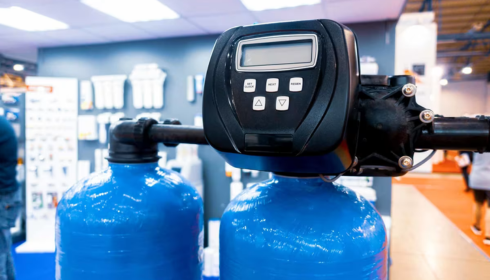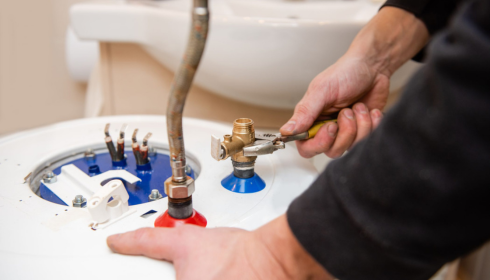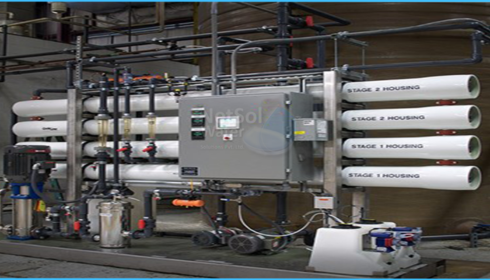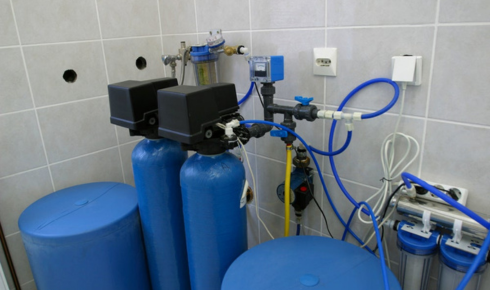
There’s something deeply comforting about pouring a glass of water and knowing it’s as clean and fresh as it looks. But the reality? Tap water isn’t always as pure as we’d like it to be. Depending on where you live, it might contain chlorine, heavy metals, sediments, or even microplastics you’d rather not think about. That’s where filtration steps in—not as a luxury, but as a practical way to protect your health, your appliances, and yes, even your peace of mind.
I didn’t always give it much thought. Like most people, I trusted the tap. It wasn’t until I noticed a strange metallic taste that I started researching. What I found surprised me: not all filters are created equal. Some target taste and odour, others focus on bacteria, and then there are those designed to remove just about everything. So, how do you decide which one suits your needs best? Let’s dig in.
Why Water Filtration Matters More Than We Realize
Think about how much you actually use water in a single day. It’s not just for drinking. You cook with it, shower in it, wash your clothes in it, and fill your pets’ bowls with it. If the quality isn’t up to scratch, it seeps into almost every corner of your life.
For instance, water high in minerals like calcium and magnesium can cause limescale buildup in kettles and washing machines. Chlorine might keep municipal water “safe,” but it can leave your skin dry and your hair brittle. And let’s not forget the invisible contaminants—like lead in older plumbing systems—that can pose long-term health risks.
That’s why people are on the lookout for the best water filtration system—not just a pitcher filter that sits on the counter, but something reliable, comprehensive, and tailored to their household.
The Different Types of Filtration Systems
It’s tempting to think all filters do the same job, but the truth is, they don’t. Here’s a quick breakdown of what’s out there:
- Activated Carbon Filters: Great for removing chlorine, bad tastes, and odours. You’ll find these in basic pitchers and faucet attachments.
- Reverse Osmosis (RO): Highly effective at removing dissolved salts, heavy metals, and even fluoride. Popular for under-sink setups.
- UV Purification: Targets microorganisms—perfect if bacteria or viruses are your main concern.
- Sediment Filters: Handle dirt, rust, and sand—important if you’re on a private well.
- Combination Systems: These bring together multiple methods for all-around protection.
What works best for you depends on the water quality in your area and, honestly, your patience level for maintenance.
Whole-House Protection vs. Single-Point Filters
One of the biggest choices you’ll face is whether to filter water at a single point (like your kitchen sink) or go all in with a system that covers the entire house.
A whole house water filtration system is exactly what it sounds like. Installed at the main water line, it ensures every drop—from the shower to the dishwasher—gets treated. It’s a bigger upfront investment, but the payoff is huge: softer laundry, cleaner dishes, longer-lasting appliances, and, of course, healthier water for your family.
On the flip side, single-point filters like countertop pitchers or under-sink units are cheaper and easier to install. But they don’t protect your shower, your washing machine, or the ice cubes in your freezer. It really comes down to whether you want a targeted fix or a blanket solution.
The Role of Testing Your Water First
Before you get carried away with fancy systems, here’s a tip: test your water. Many people skip this step, but it makes all the difference.
A simple at-home kit or a professional test can tell you whether your main problem is chlorine, lead, bacteria, or just hard water. Once you know, it’s much easier to choose a system that tackles the actual issue rather than throwing money at features you don’t need.
For example, if you live in an older neighbourhood with aging pipes, lead might be your top concern. If you’re out in the countryside on a well, bacteria and sediment could be the bigger headache.
Maintenance: The Often-Ignored Dealbreaker
Let’s be honest—nobody wants to deal with complicated maintenance schedules. And yet, it’s the part most people forget when buying a filtration system.
Every system, no matter how advanced, requires upkeep. Filters need replacing, membranes need cleaning, and in the case of UV systems, bulbs eventually burn out. If you’re not prepared to stay on top of it, the system won’t perform as promised.
This is where some homeowners trip up. They invest in an impressive home water purification system, but six months later, they forget to replace the filter cartridge. Suddenly, the water doesn’t taste any different, and the whole thing feels pointless. So, consider maintenance as part of your decision, not an afterthought.
Costs: More Than Just the Price Tag
It’s easy to look at the sticker price and stop there, but the true cost of a filtration system goes deeper. You’ll need to think about:
- Installation: Whole-house systems often require a professional plumber.
- Replacement Filters: Depending on your water usage, you may need to replace them every few months.
- Water Waste: Some RO systems waste water during the filtration process—something worth factoring into both your bill and your eco-conscious mindset.
That said, it’s worth weighing these costs against the long-term savings: fewer bottled water purchases, longer-lasting appliances, and potentially even fewer doctor visits if contaminants have been affecting your health.
How to Choose the Right System for You
So, what’s the verdict? Choosing a filtration system isn’t about finding the fanciest option—it’s about matching your unique situation. Here are a few guiding questions:
- What’s in your water? (Test it first.)
- Do you want to filter drinking water only, or protect your entire home?
- How much maintenance are you realistically willing to handle?
- What’s your budget—not just upfront, but ongoing?
Answering these will narrow down the choices significantly.
Final Thoughts: Clean Water, Peace of Mind
At the end of the day, investing in filtration isn’t just about water—it’s about quality of life. Clean water means healthier skin, better-tasting meals, longer-lasting appliances, and one less thing to worry about in an already hectic world.
And here’s the thing: once you experience the difference, you can’t really go back. That first crisp, refreshing glass of water from your new system will make you wonder why you didn’t do it sooner.
So whether you’re leaning toward a simple under-sink filter or a full-scale system that covers every tap, take the plunge. Your future self—standing at the sink, sipping the best glass of water you’ve had in years—will thank you.

